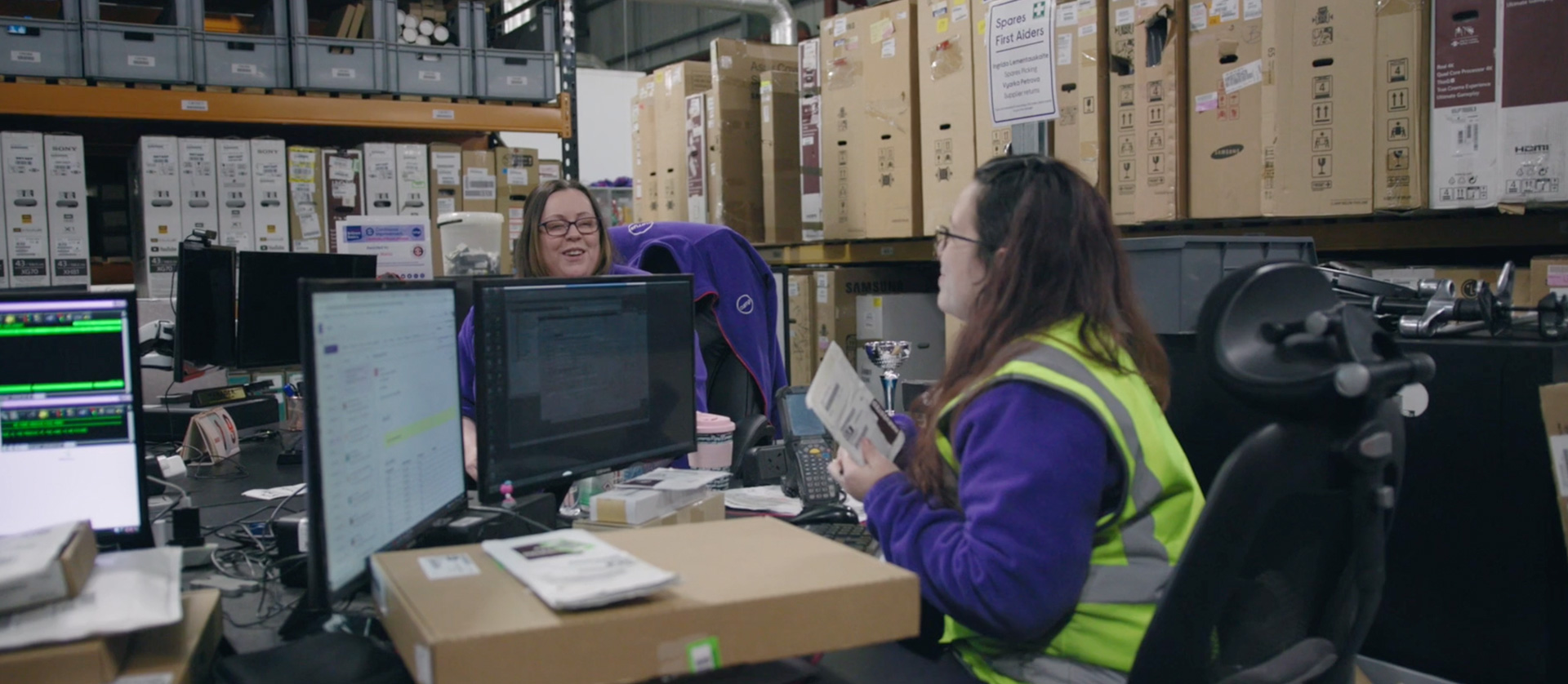There is so much going on in the wellbeing space right now. It can be difficult to cut through the noise and ascertain not only what prioritising wellbeing can do for your people but also why it is so necessary in the first place.
So, let’s go back to basics, because you cannot implement an effective wellbeing strategy and run a successful programme without first truly believing in its importance.
If you’re a line manager or team leader reading this, here’s why wellbeing matters to you:
Engagement, productivity, and motivation
It’s no secret that when someone feels valued and cared for, they perform better. Much like personal relationships, if your teams feel they are respected, and that their wellbeing is prioritised and actively supported, they will feel happier in their roles. This directly leads to an increase in motivation levels, drives productivity and creativity, and plays a key role in creating a healthy culture.
Attracting the best people, and keeping them
Candidates these days have much to choose from – from flexible working hours, and working abroad, to copious benefits and development opportunities – but one of the things they care most about is their happiness, their health and how they are treated by their employers. If they feel you don’t care about them and their lives, why would they stay on? Prioritising people’s wellbeing long-term – not just a one-off, flash-in-the-pan initiative – gives them a good reason to join and an even better reason to stay.
The far-reaching impact of wellbeing
The state of a person’s physical and mental wellbeing can drastically affect the quality of their life. It can impact their sleep, social life, self-image, and personal relationships – and mean the difference between thriving and struggling. This is why we shouldn’t only care about how someone’s health impacts their professional performance – it’s our responsibility as humans to care for and look after each other, inside and outside of work. Because wellbeing touches every single part of every single person’s life.
The financial benefit
If issues like poor mental and physical health, stress and burnout are not addressed and managed within the workplace, make no mistake that there will be financial implications. When wellbeing is not supported it can lead to ill-health, which will directly impact a person’s energy levels, motivation and overall performance. There is a ripple effect with increased absenteeism, higher healthcare costs and employee churn which then leads to a loss in resources, time, and money on recruitment. Looking after your people is probably one of the easiest ways to save – and make – money.
Internal and external perception
Nailing wellbeing is not just about individual employees; it’s also about shaping your culture and, as a result, your reputation outside of the workplace. Genuinely caring for and prioritising employee wellbeing sends a strong message – to your people, investors, partners, and customers – that you are committed to driving real impact and making positive change. By doing this, you leave outsiders with a lasting impression of your brand and demonstrate why you are worth working with. And for your people – you give them an incentive to stick by you in the long run and take your organisation to the next level.
The ethics of it all
Employee wellbeing is not just a moral issue, it is increasingly becoming a legal and ethical one too. Governments worldwide are enacting legislation to protect employee rights and promote workplace health and safety. Not complying with these regulations can result in legal repercussions, financial penalties, and reputational damage. By proactively addressing workplace wellbeing, you can not only meet your legal obligations but also demonstrate ethical leadership and a commitment to corporate social responsibility.
What it does for you
Spearheading wellbeing doesn’t only transform culture, accelerate business growth, and support your organisation’s future. In truth, it makes your life easier by making the lives of your people easier. It all comes back to benefiting you and your company. You will get more out of your colleagues and yourself. Embracing wellbeing means that you are creating an environment where you can also thrive, allowing yourself the space to focus on what matters to you.
Now we know workplace wellbeing is not just a trend, we can begin to see it for what it truly is – a fundamental pillar of organisational success in the 21st century. It’s not just a fluffy tick-boxing exercise that will drain you of time and resources, but something that will benefit your people – and you – now and in the future.
Working with and not against wellbeing initiatives changes everything – from health, happiness, productivity, innovation, and prosperity. You’ve just got to believe in what it can do for you professionally and personally. And we hope we have given you that belief.





